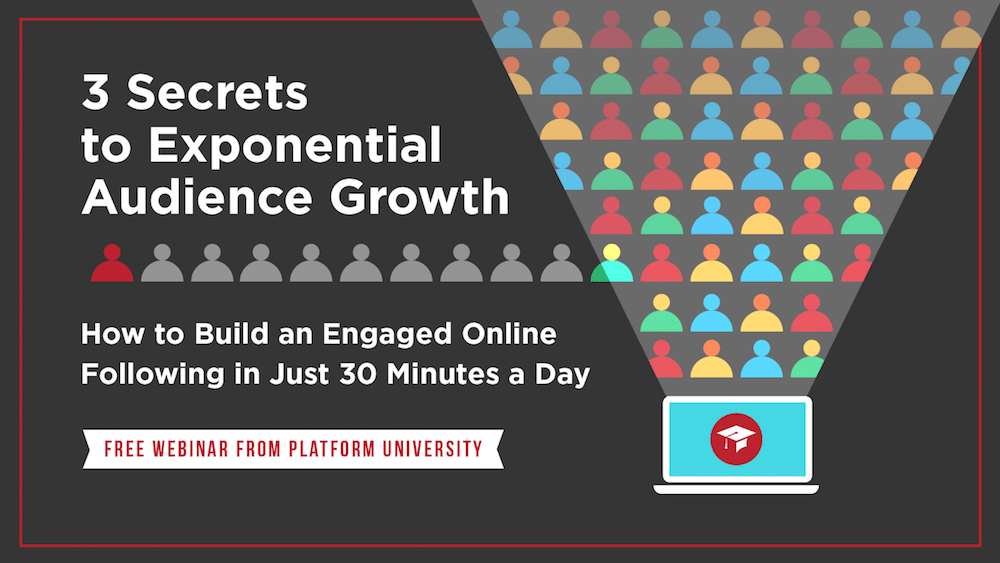Five Steps to Learning from Mentors in the Digital Age
Personal growth comes from self-awareness, and the practice of journaling is a phenomenal way to start that process with regular reflection—as long as your reflection is accurate.
If you’ve ever been to a playground or circus with fun mirrors, you know the slightest bend to a mirror creates a distorted image that reflects your image different than you actually are. Self-reflection works the same way.

At the circus, it’s easy to recognize distorted images. You’re reflected as stretched out or squeezed, ridiculously tall or comically short and stout.
In daily life, distortions are often much smaller. How do you know when your self-reflection is distorted by subtle bends that are throwing you off?
Reading your label from inside the bottle
Donald Miller explains this self-reflection distortion with a comical example, where he had one client complain that they felt like they were trying to read the label from inside the bottle. With that image in mind, it’s no surprise that it’s difficult to “read your own label” with accuracy. Thinking about yourself as yourself inherently limits your perspective.
The only way to overcome this challenge is to expose yourself to mentors who can provide an outside perspective. Luckily, in today’s world, your next mentor is only a click or two away.
Mentorship hasn’t died off, but it has drastically changed with the digital age. It’s now fairly uncommon to have formal 1-on-1 mentorship relationships (though if you have a trusted mentor like that, be grateful for the advantage it brings).
Today’s mentors can be found on blogs and magazines (like this one), as well as podcasts and YouTube channels, or at in-person live events. The changing mentorship landscape requires a new learning approach. You can adopt this approach with five simple steps:
Step 1: Identify areas of desired growth
In today’s era of increased specialization, you can find a digital mentor on nearly any topic you can think of—the first step is to identify where you need the most help.
If you’re journaling daily, you may find repeated themes where you’re falling short in certain areas of your life. Similarly, you may have specific goals you fall short on each year, that you can’t seem to accomplish on your own.
Having a mentor in every life domain sounds compelling, but your time and attention is limited. You’re better off narrowing your focus to the one or two areas of life where you most need an outside perspective right now.
Step 2: Select specialized mentors
Once you’ve identified the areas in which you need an outside perspective, the next step is to select a trusted mentor for each focus area.
You don’t want multiple mentors in each area, because you’re likely to get lost in the confusion of who to follow when advice from multiple mentors doesn’t match up.
For personal finance, you might decide to follow Dave Ramsey. For leadership or productivity, you’d likely follow Michael Hyatt (since you’re here). I’m admittedly biased, but for online business or building an audience, Platform University would be your best bet.
Step 3: Commit to consuming content
Selecting your digital mentors isn’t enough. You also need to commit to consuming your digital mentor’s content, so their perspective can influence your own.
That often starts with blog posts or podcasts, but could also mean live video training or upgrading to a paid experience to commit to deeper learning and transformation over time.
Step 4: Check your progress with digital tools
In a 1-on-1 mentor relationship, regular check-ins are a great way to get an outside perspective on where you’re at, how you’re growing, and what you need to watch out for next.
In digital mentorship, direct coaching is limited. To account for that, you need to intentionally seek out tools like The Platform Assessment that identify what’s holding you back from success.
These tools often end with recommendations for next steps, which you may not have thought up on your own.
Step 5: Reassess your needs every year
Seasons change, and the mentors you follow today may not be the same mentors you need to follow a full year from now.
What this does not mean is that you should bounce from mentor to mentor, moving on whenever you get a piece of advice you don’t like. It’s important you commit to following your mentors even when their advice becomes difficult (unless you have a moral or ethical objection).
As you put your mentor’s advice into practice, you should see continued growth. Once a year is a good cadence for reassessing your current needs, and refocusing on areas of your life that need attention as your needs change.
If your goals include building an online audience, I hope you’ll consider Platform University’s Webinar Training in your digital mentorship focus. Michael Hyatt and I will be teaching 3 Secrets to Exponential Audience Growth: How to Build an Engaged Online Following in Just 30 Minutes a Day. As I write this, there are several opportunities remaining to join us live!
Disclosure of Material Connection: Some of the links in the post above are “affiliate links.” This means if you click on the link and purchase the item, we will receive an affiliate commission. Regardless, we only recommend products or services we use and believe will add value to our readers. We are disclosing this in accordance with the Federal Trade Commission’s 16 CFR, Part 255: “Guides Concerning the Use of Endorsements and Testimonials in Advertising.











